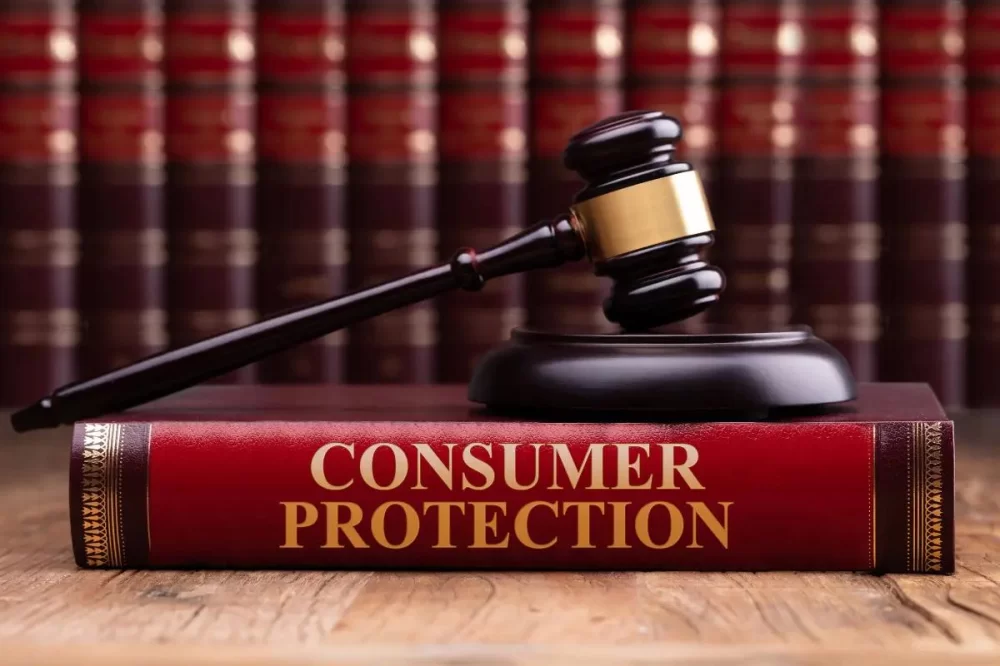- civil-law-impact-consumer-protection
- key-principles-of-civil-law
- how-civil-law-protects-consumers
- real-case-consumer-rights
- practical-advice-consumer-protection
1. Civil Law’s Impact on Consumer Protection
Civil law stands as the backbone of modern society’s rules and relationships, especially when it comes to consumer protection. While criminal law deals with offenses against the state, civil law focuses on disputes between private parties—often between consumers and businesses. The influence of civil law on consumer protection is substantial, offering clear structures to resolve disputes and providing a platform where individuals can assert their rights. Whether you are buying a product, signing up for a service, or seeking a refund, civil law gives you the foundation to seek fair outcomes.
Let’s imagine a scenario where you purchase a high-end laptop, only to discover weeks later that it constantly overheats and shuts down. The business refuses to replace it, arguing it’s “user error.” This is where civil law steps in, allowing you to seek remedies, such as repair, replacement, or refund. Through a civil court, consumers like you can ensure companies uphold their responsibilities.
2. Key Principles of Civil Law Relevant to Consumer Protection
At its core, civil law is about fairness and restoring balance. When a consumer feels wronged by a business, several key principles come into play. These include contract law (which governs most consumer transactions), tort law (addressing harm or negligence), and specific statutes enacted for consumer rights.
2.1 The Role of Contract Law in Consumer Transactions
Every time you buy a product or agree to a service, you’re entering into a contract—even if it’s not written down. Contract law ensures both parties are clear on their obligations. If a business fails to deliver on its promises, civil law enables you to challenge unfair terms or misleading information. This becomes especially important with online purchases, where terms and conditions are often hidden in the fine print.
2.2 Tort Law: Protecting Against Harm
Tort law, another pillar of civil law, focuses on protecting individuals from harm caused by others’ negligence or misconduct. For consumers, this might involve dangerous products or misleading advertising. For instance, if a new brand of household cleaner causes allergic reactions due to undisclosed ingredients, civil law gives affected consumers the right to seek compensation.
3. How Civil Law Protects Consumers in Practice
The real strength of civil law is seen in its practical protection for everyday people. Consumer protection laws—built on civil law foundations—ensure businesses cannot take advantage of individuals through fraud, false advertising, or unfair contracts. Regulatory agencies also play a part, but when those routes fail, civil courts offer a final path to justice.
3.1 Common Legal Remedies for Consumers
Legal remedies in consumer cases typically include repair, replacement, refund, or compensation for damages. For example, imagine buying a secondhand car advertised as “never been in an accident,” only to discover hidden crash damage after purchase. Civil law allows you to challenge the seller, potentially rescinding the contract or receiving compensation.
3.2 Importance of Evidence in Consumer Disputes
It’s crucial for consumers to keep receipts, written communications, and photographs of faulty goods. These documents often make the difference in court. Civil law thrives on evidence and clear facts—so preparation is key if you ever need to defend your rights.
4. Real Case: The Lemon Car Story
To bring this to life, let’s look at a real-world example. In one widely discussed case, a family bought a “certified used” car from a large dealership. Within weeks, the car broke down repeatedly. Despite multiple repair attempts, the problems persisted. The dealership refused to offer a refund or a different car.
The family took the matter to civil court, citing violations of consumer protection statutes. With the help of a legal expert, they gathered repair records, correspondence, and evidence of the dealership’s promises. Ultimately, the court sided with the family, ordering the dealership to provide a full refund plus damages for inconvenience. This case highlights how civil law empowers consumers to fight back against unfair treatment, turning legal principles into real-world victories.
If you ever find yourself in a similar situation, it’s worth remembering that seeking expert advice can make all the difference. At Fred Miller Lawyer, you can find the guidance needed to navigate such disputes effectively.
5. Practical Advice for Consumers: Making Civil Law Work for You
Many consumers aren’t aware of their full range of rights—or how civil law can support them. Here are some practical strategies:
5.1 Read Contracts Carefully
Never sign anything you haven’t read thoroughly. Ask questions about terms you don’t understand and never assume that a contract can’t be negotiated.
5.2 Know Your Rights and Legal Remedies
Familiarize yourself with basic consumer protection laws in your area. In many regions, consumer agencies publish guides outlining your rights and typical remedies. If you suspect you’ve been treated unfairly, don’t hesitate to take action.
5.3 Seek Professional Help When Needed
While civil law empowers individuals, it can be complex. Sometimes, legal disputes require specialized knowledge or negotiation skills. That’s where reaching out to trusted professionals can be invaluable. If you’re facing a complicated issue or a stubborn company, Fred Miller Lawyer is a resource for reliable advice and practical solutions tailored to your needs.
Civil law is not just a set of rules—it’s a vital shield for everyday people. Understanding its role in consumer protection puts power back in your hands, ensuring you can shop, sign contracts, and seek services with confidence.


 225 broadway law firm
225 broadway law firm 140 s dearborn chicago il 60603
140 s dearborn chicago il 60603 vanessa prieto attorney
vanessa prieto attorney casey gerry attorneys
casey gerry attorneys eric nielson utah
eric nielson utah fogelgaren
fogelgaren